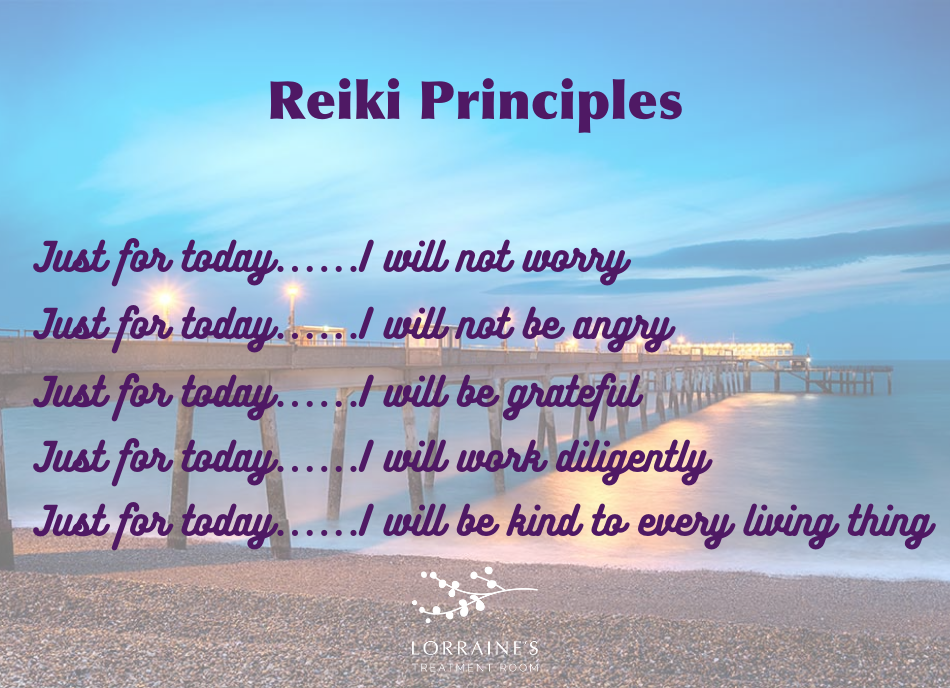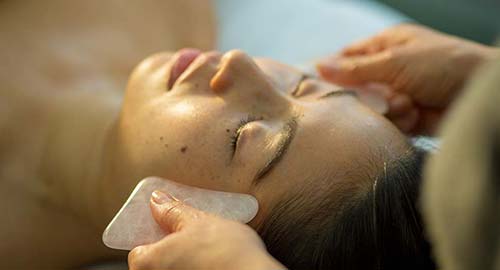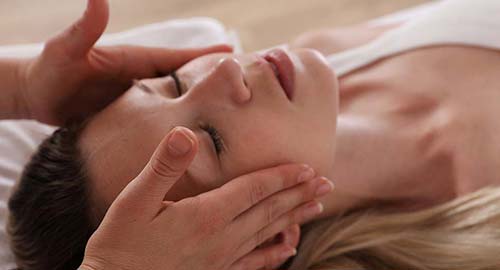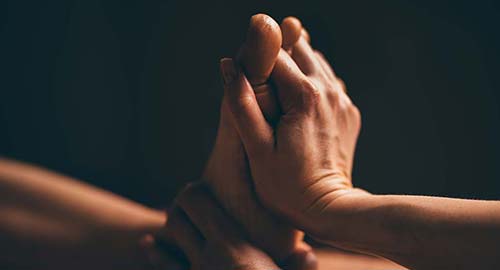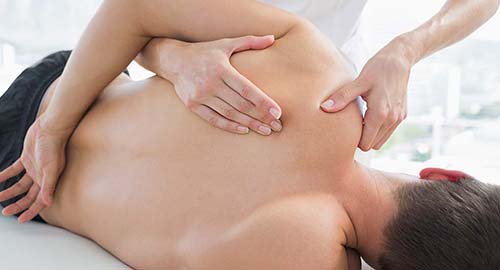What is Reiki?
Pronounced Ray-Key, Reiki derives from the Japanese:-
Rei – meaning universal
Ki – meaning life energy, the vital life force that flows through all living things.
So, Reiki, literally translated, is the universal life energy that flows through all living things.
Reiki can also be known as Reiki energy, Usui Reiki, or even therapeutic touch.
Reiki is a gentle, non-invasive form of energy healing that is generally accepted to be suitable and safe for everyone.You may well have come across life energy healing previously ~ most Eastern medicinal systems of healing work with energy ~ as well as the Ki in Japan, there is Chi in China and Prana in India.
What does energy healing mean?
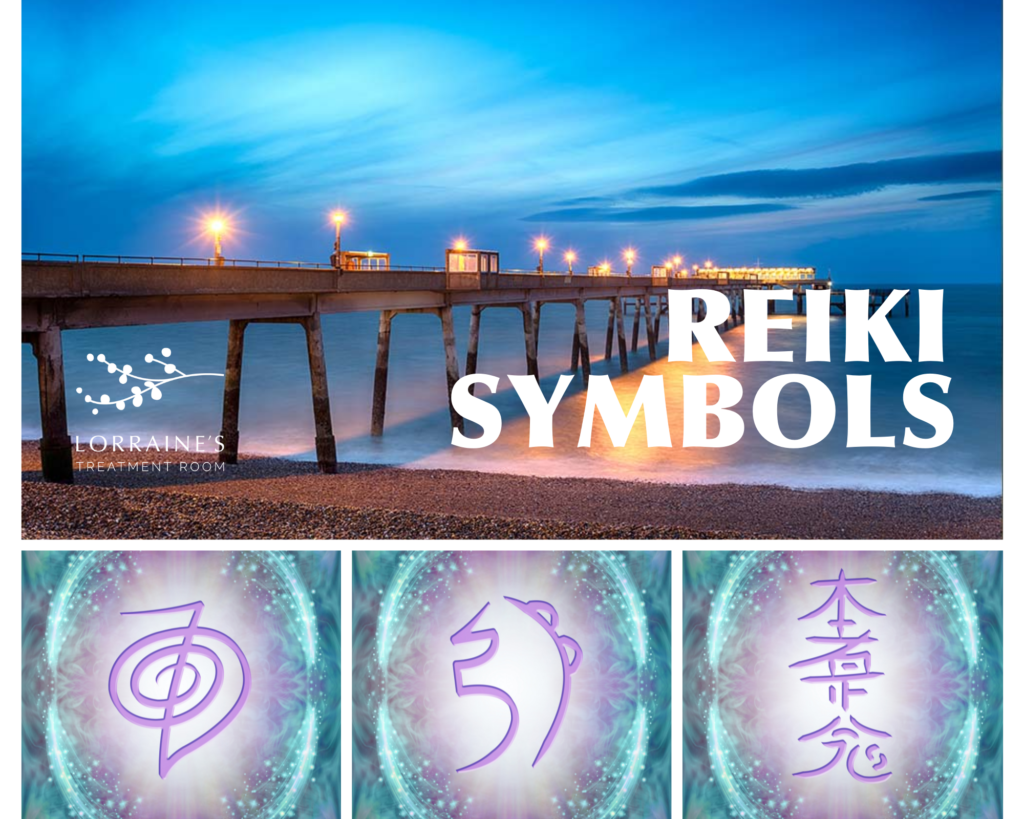
Energy healing is any holistic practise that activate your own body’s healing systems to function optimally and remove any blocks
Whilst Reiki has been around since the early 20th century, ancient Hindu texts mention the seven chakras and knowledge of meridians allowed traditional Chinese medics to develop acupuncture.
Another way to think about energy is when you walk into a room and get a bad feeling or vibe.
Everything on this planet has its own vibration including us – people, plants, tables, anything – is all made up of molecules which vibrate. If you meet someone who makes you feel good or gives off good vibes, they are quite possibly vibrating at a higher level than you.
Reiki practitioners get attuned to different Reiki symbols as they progress through their journey. By the time they are Reiki masters and have been practising as such for at least a year, their vibration is as high as it can be.
Everyone can achieve a higher vibration by practising self-Reiki, meditating, bathing in salts, smudging your home, using crystals in your day-to-day or even something as simple as going for a massage, reflexology or acupuncture session.
Is it a new therapy?
Most Reiki available in the UK can be traced back to 1920s Japan and the teachings of Reiki Master Mikao Usui.You can find out more about Mikao Usui here.
How does Reiki work?
Like most complementary and alternative therapies, Reiki believes that lack of harmony or ‘dis-ease’ in your body arises from a disturbance, or blockage of your energy passageways.
Anything as simple as an area of previous physical injury or emotional pain can cause energy to stagnate and your pathways to become sluggish or blocked.
However, when your body is in a state of homeostasis, your ‘ki’, or energy, will be strong, and your mind, body, and spirit will be balanced and healthy; a balanced body is also optimum for promoting your own self-healing.
Whereas conventional medicine looks at the problem and prescribes to solve that issue, like all complementary therapies, Reiki works on your whole body.
Your Reiki practitioner uses their hands to guide energy to your body. Your body then uses this energy to facilitate healing and balance at every level – physical, psychological, emotional and spiritual.
Your Reiki practitioner works as a channel for energy – think of how your TV aerial is a channel for receiving signals and taking them down your aerial to your television where they are then shown, as a series or pictures, on your TV set. You can’t see your favourite programme as it is sent to your aerial or satellite dish but you can when it appears on your screen!
Reiki advocates believe that improving the flow of energy can promote relaxation, relieve pain, accelerate healing and possibly reduce some symptoms of various conditions and medical procedures.
What happens at a Reiki appointment?
At Lorraine’s Treatment Room, your pre-appointment client consultation is carried out online prior to your treatment.
When you arrive for your treatment you will be welcomed into the treatment room and settled onto the couch.
Reiki is carried out fully clothed so is perfect for those who prefer to remain clothed or find disrobing difficult.
There will be soft music playing and, as you sink into the heated treatment couch, I will ensure you are comfortable and your treatment will commence.
Your Reiki treatment involves a series of hand placements.
Hands will be either gently placed on or near your body to allow energy to pass from your practitioner to you. Whilst there are traditional hand-placement points, most therapists will be guided by the client’s needs and create a bespoke treatment. Your therapist will hold the hand position for between 3-10 minutes – the length of time being determined by the flow of energy felt at each position which dictates the client’s needs.
Hands can be placed, gently, at the site of discomfort or imbalance/ dis-ease, however, Reiki energy will travel to where it is needed., Regardless of where hands are placed the energy will be directed to where it’s required and will assist in facilitating self-healing.
How does Reiki feel?
You are likely to feel deeply relaxed and peaceful during your session and may even fall asleep or drift into a meditative state.
You may notice heat, tingling, pulsing or subtle movement sensations where the therapist’s hands are, you may see colours around your third eye, memories may come flooding back… or you may not feel anything at all. Everyone’s Reiki experience is different.
Your experiences may deepen the more you travel on your Reiki journey.
What is Reiki good for?
A number of GPs, hospitals and hospices recommend Reiki. Reiki can be incorporated alongside any treatment, however, should never replace medical treatment.
Reiki helps many people cope better with whatever challenges life throws at them.
There have been studies carried out to show the efficacy of Reiki on many common health problems and you can find out more and read the results of those on the International Association of Reiki Professional site by clicking here.
Reiki has been used to help many people experiencing a number of conditions, including, but not limited to the following:
- Cancer
- Heart disease
- Anxiety
- Headaches and migraines
- Depression / postnatal depression
- Arthritis
- Multiple sclerosis
- Chronic pain
- IBS / Crohn’s disease
- Autism / ADD / ADHD
- Dementia / Parkinsons / Neurodegenerative disorders
- Traumatic brain injury (TBI)
- Emotional issues and illnesses
- Fibromyalgia / fatigue syndromes
- Autoimmune disease
- Lyme disease
- Life issues such as divorce or bereavement
- End of life care
Benefits of Reiki
As previously mentioned, each of us is unique and our experience of healing energy will be different.
Research has been carried out that highlights the benefits of Reiki on many health conditions and you can read more about that here or here.
Many clients find that Reiki can be hugely beneficial and promote:
- Relaxation
- Pain management
- Improved sleep
- Improved digestion
- Improved self-esteem, self-awareness and well-being
- Reduced anxiety and depression
- Reduced side effects from cancer treatments
- Accelerated recovery from surgery and medical procedures
- Enhances quality of life
- Boosts mood
- Improved relationships
Reiki and cancer
From the cancer research website we learn that
“Some people say that Reiki has helped to control side effects of their cancer treatments, such as pain, anxiety and sickness. They also say that it helps them cope better with their cancer and its treatment.”You can read more by clicking here.
Can you explain the levels of Reiki to me?
Of course. There are three levels of Reiki in the UK
Level one – FIRST DEGREE – qualifies you to work on yourself, family and friends and pets or other animals, plants, medicines, food, etc.
Level two – SECOND DEGREE – is practitioner level – this is the minimum level you need to be to be able to work as a Reiki practitioner and be able to gain insurance in the UK. This level is said to be four times as powerful as level one and also allows the therapist to send ‘distance healing’ to others whether they are in the next room or halfway across the world.
Level three – THIRD DEGREE – is also known as Reiki master. This is said to be ten times more powerful than level two. It has been mooted that a Reiki Master is not a person who has mastered Reiki, but someone who is mastered by Reiki, who has let the spirit of Reiki into every area of their lives allowing themselves to be guided by it on the path towards achieving their full potential.I am a Reiki Master qualifying at one of the most prestigious Reiki schools One Step at a Time in December 2019.
Reiki sounds great, I’d love to try it! How can I book a treatment?
You can book your Reiki session with Lorrane, Reiki Master by clicking here or visiting my Complementary and holistic therapies page .
